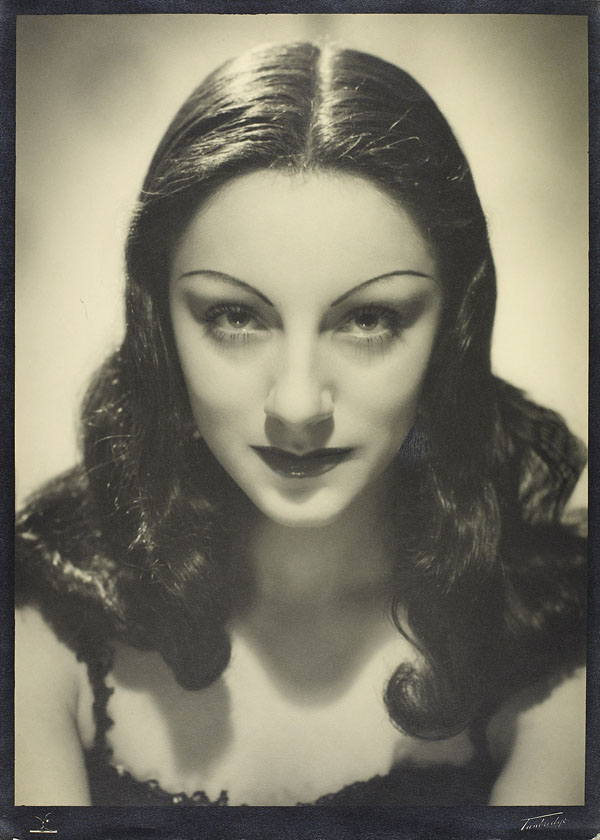Ruth Abramovitsch Sorel
Ruth Elly Abramovitsch Sorel, choreographer, dancer, artistic director and teacher (born at Halle, Germany 18 June 1907; died at Warsaw, Poland 1 April 1974). In Canada where she settled in 1944, she took the name Ruth Sorel, but in Europe she is known under her maiden name, Abramowitz or Abramovitsch. A pioneer of professionalism in dance in both Warsaw and Canada, Sorel's work combines two contrasting trends: the originality of German expressionist dance and the discipline of ballet. Moreover, her Montreal company alternated between the names Les Ballets Ruth Sorel and the Ruth Sorel Modern Dance Group. After studies in Dalcroze eurhythmics, Sorel, who was of Polish origin, joined Mary Wigman's company in Dresden (1923-28). From 1927 to 1933, she was a soloist at the Berlin Municipal Opera, particularly distinguishing herself dancing in the role of the Legend of Joseph. Dismissed by the Nazis because of her Jewish ancestry and Communist leanings, she took advantage of the international solo dance competition in Warsaw, where she won the top prize in performance for her expressiveness in Salomé's dance, to emigrate. With her partner George Groke, she financed a tour of Palestine and the United States, while still teaching and directing at Warsaw's advanced dance school for six years. She emigrated from Poland to Brazil, where she attempted unsuccessfully to found an academy. In 1944 she ended up in Montréal with her husband, the author Michel Choromanski, and lost no time in opening several studios: one in Westmount, then others in Shawinigan and Trois-Rivières, where she regularly presented recitals with her most gifted students. A well-known, expressive performer, she was praised by local and international critics for her intensely theatrical German dance style, her literary inspiration and the emotion, musicality and precision of her execution. She represented Québec at the first pan-Canadian ballet festivals, bringing professionalism and originality to the fledgling choreographic landscape. She participated in festivals at Montréal's Chalet de la montagne and also presented her work in New York. In 1949, Sorel made her mark with La Gaspésienne, the first choreography with Québécois content, and her celebrated Mea Culpa Mea Culpa is a medieval mystery, some sequences of which were included in the NATIONAL FILM BOARD's documentary Canadian Ballet Festival. Around 1955, Sorel and her husband suddenly left Canada for Warsaw, where she died in 1974. Working in Canada prior to the existence of grants for innovation, Sorel was a pioneer of European expressionism in Québec.

 Share on Facebook
Share on Facebook Share on X
Share on X Share by Email
Share by Email Share on Google Classroom
Share on Google Classroom


